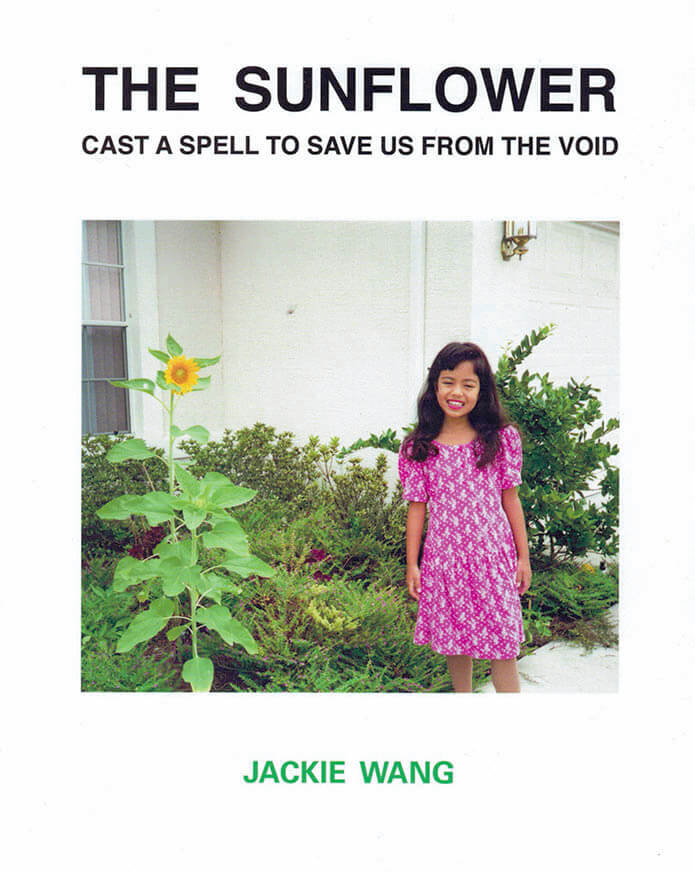
Alien Daughters Walk Into the Sun: An Almanac of Extreme Girlhood
The early writings of renowned poet and critical theorist Jackie Wang, drawn from her early zines, indie-lit crit, and prolific early 2000s blog.
Compiled as a field guide, travelogue, essay collection, and weather report, Alien Daughters Walk into the Sun traces Jackie Wang's trajectory from hard femme to Harvard, from dumpster dives and highway bike rides to dropping out of an MFA program, becoming a National Book Award finalist, and writing her trenchant book Carceral Capitalism. Alien Daughters charts the dream-seeking misadventures of an "odd girl" from Florida who emerged from punk houses and early Tumblr to become the powerful writer she is today. Anarchic and beautifully personal, Alien Daughters is a strange intellectual autobiography that demonstrates Wang's singular self-education: an early life lived where every day and every written word began like the Tarot's Fool, with a leap of faith.







